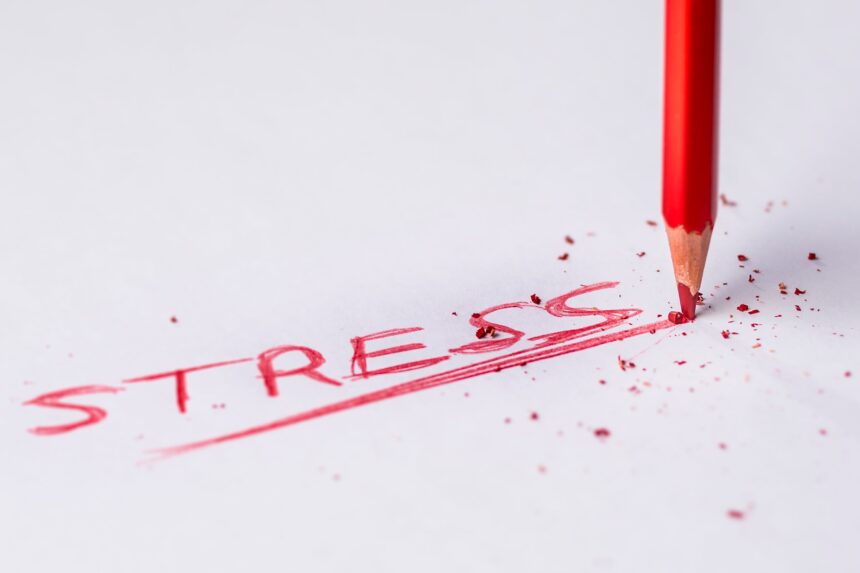Stress is the body’s response to a perceived threat or challenge. It triggers the release of hormones like cortisol and adrenaline, preparing the body for a “fight or flight” response. Chronic stress can have negative impacts on health, it can lead to issues like anxiety, depression, digestive problems, cardiovascular issues, and a weakened immune function. Here are six (6) tips for managing stress.
Exercise; regular exercise and physical activity help reduce stress hormones, it also stimulates the production of endorphins, which act as natural mood lifters, promoting relaxation. Exercises don’t have to be strenuous, you can engage in 30 minutes of moderate exercise such as walking, jogging, cycling, swimming, or yoga.
Sleep Properly; lack of sleep can intensify stress, so ensure you get enough sleep, quality sleep is important as it is crucial for stress recovery, it allows the body and mind to recharge. Before sleep, you can create a sleep schedule and establish a calming bed routine, the routine can include having a calming and relaxing bath before sleep, and these routines ensure you have a peaceful sleep.
Eat Well; maintain a balanced diet which includes a variety of nutrients, proper nutrition contributes to your physical and mental well-being. Also, it is important to stay hydrated as dehydration can limit stress. Limit the consumption of stimulants like caffeine and sugar, they can exacerbate stress levels.
MUST READ; Vegetable and Lentil Soup – FOOD-AN-HEALTH (foodanhealth.com)
Hobbies; it is important to dedicate time to engage in activities that give you joy and relaxation. Activities can include reading, listening to music, watching movies, or engaging in something creative. These activities contribute to overall stress reduction.
Time Management; time management is very important, learn to break your tasks into manageable and smaller tasks, you can also use tools like to-do lists or apps to help you prioritize and organize your activities. This would help reduce the feeling of being overwhelmed which in turn reduces stress. You can also outsource some of your responsibilities to create enough time to rest.
Deep Breathing; practice diaphragmatic breathing which is inhaling deeply through your nose, expanding your abdomen, holding for a few seconds, and exhaling slowly. This activates the parasympathetic nervous system, promoting relaxation.
In conclusion, effective stress management contributes to overall well-being, it also increases focus, concentration, and overall cognitive performance, improving productivity.


